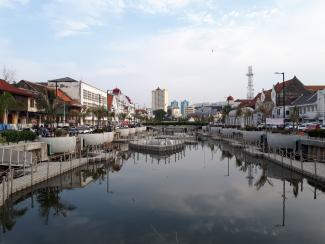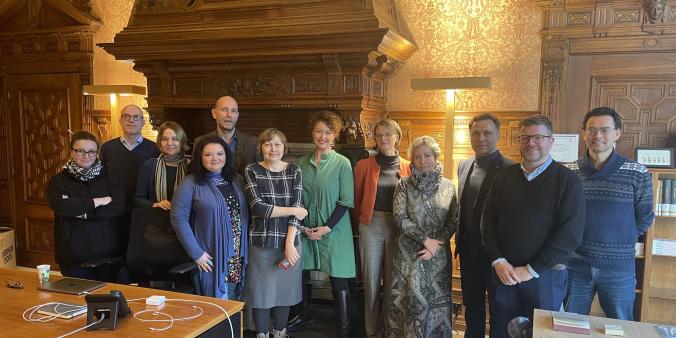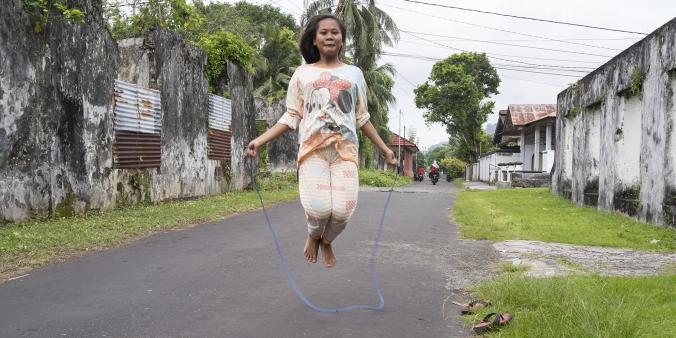
How does the history of the Netherlands as a world nation continue to influence Dutch society and our international relations? The language we speak, the food we eat, the buildings that surround us and the stories we pass on bear many traces of a shared history with other countries, among them Australia, Brazil, India, Indonesia, Japan, Russia, South Africa, Sri Lanka, Suriname and the United States. The Netherlands is now working with these countries to preserve the significance of these historical links for future generations.
The Shared Cultural Heritage programme is part of the Netherlands’ international cultural policy. The Dutch Ministries of Foreign Affairs and of Education, Culture and Science have formulated this policy for the period 2017 – 2020 focusing on ten partner countries: Australia, Brazil, India, Indonesia, Japan, Russia, South Africa, Sri Lanka, Suriname and the United States
Cooperation on the basis of equality, reciprocity and respect for ownership is at the core of our commitment to our shared cultural heritage. International cooperation is needed if we are to preserve and manage this shared cultural heritage and make it accessible. Public participation is essential for the sustainable development and repurposing of cultural heritage.
Visit our Shared Cultural Heritage site.
Partners
The embassies of the Netherlands in the ten partner countries have a budget for supporting local Shared Cultural Heritage projects. In the Netherlands, three institutes execute the Shared Cultural Heritage policy in close cooperation with governments, institutions and organisations in the partner countries. The three executing organisations are DutchCulture, centre for international cooperation, the National Archives of the Netherlands and the Cultural Heritage Agency of the Netherlands. Jointly, these organisations aim to foster local demands in the partner countries and link the individual projects. More information on their roles and responsibilities can be found in this fact sheet and or on our websites.
DutchCulture, which is situated in Amsterdam, aims to strengthen Dutch international cooperation in the areas of culture, media and heritage.
Regarding heritage specifically, DutchCulture‘s main objective is to improve the coherence and visibility of Shared Cultural Heritage. It does so by offering a number of services to Dutch and international heritage professionals and institutions.
The primary services within the field of Shared Cultural Heritage are:
- Advice on Shared Cultural Heritage projects. DutchCulture can connect you to its network of international heritage professionals.
- DutchCulture manages a Matching Fund. Dutch legal entities (companies and registered freelancers) are able to apply for partial funding for Shared Cultural Heritage projects.
- DutchCulture offers Dutch organisations working on a Shared Cultural Heritage project the opportunity to apply for compensation for travel expenses to one of the ten appointed Shared Cultural Heritage countries.
- DutchCulture is in charge of managing information channels about Shared Cultural Heritage in the digital space. This includes the Shared Cultural Heritage database and the Shared Cultural Heritage newsletter. Additionally, DutchCulture actively uses social media to share the latest news on Shared Cultural Heritage projects.
- DutchCulture organises customised visitors programmes for international heritage professionals. These programmes are an opportunity to get to know Dutch experts and institutions. The visitors are selected in dialogue with the Dutch embassies.




